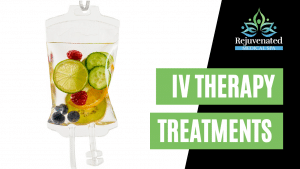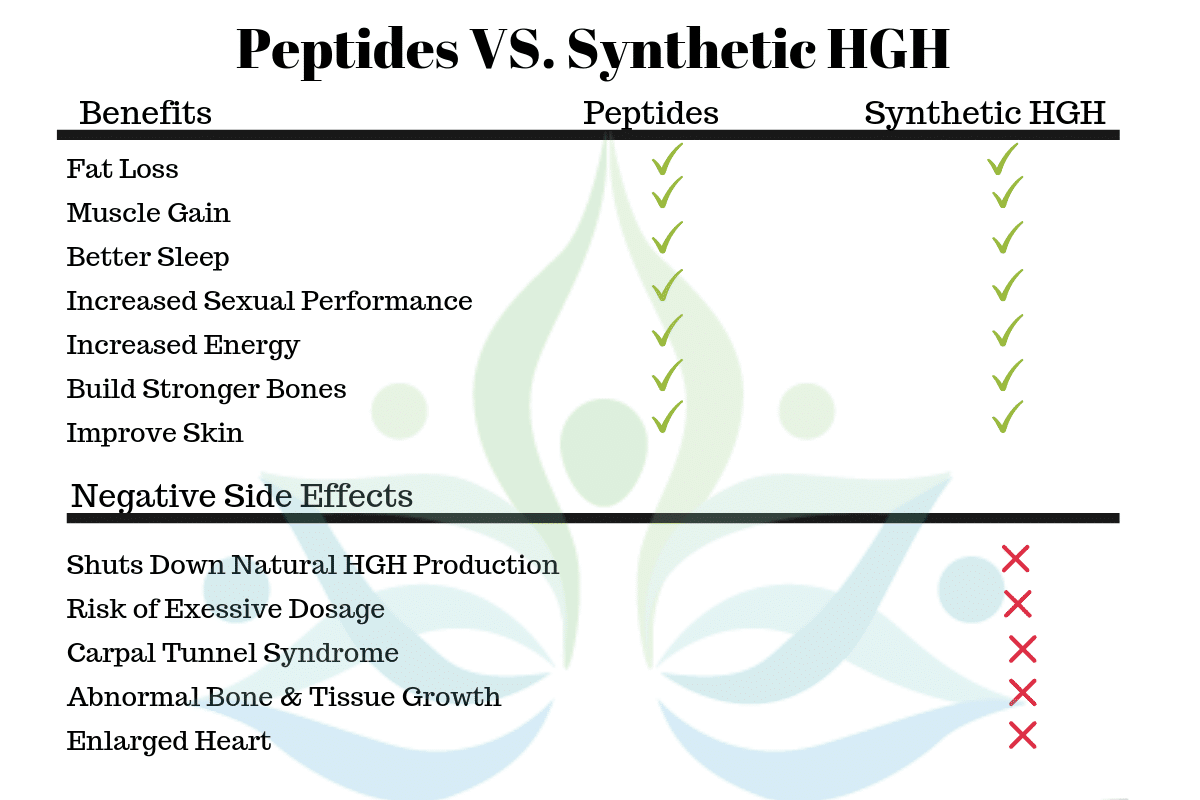Bioidentical Hormone Replacement Therapy (BHRT): Frequently Asked Questions
Bioidentical Hormone Replacement Therapy (BHRT): Frequently Asked Questions
Hormones affect most organs and most every function of the body. Energy level, metabolism (weight gain or loss), stamina, mental clarity and focus, libido, arousal, and sexual performance are all influenced by hormone production.
For women, as hormone production declines, common symptoms are abdominal weight gain, reduced libido and arousal, mental fog, fatigue, lack of motivation, vaginal dryness, hot flashes, mood swings, difficulty dealing with stress and anxiety and more.
For men, reduced testosterone can lead to lack of motivation, fatigue, lack of stamina, difficulty building muscle, abdominal weight gain, reduced sexual function and mental fog. Interestingly, we are seeing low testosterone levels in younger men even commonly in their 30s.
BHRT FAQS
What is the difference between synthetic hormones and bioidentical hormones?
Synthetic hormones are manufactured to mimic the actions of your own hormones but the structure differs from your own hormones. This can lead to similar but not identical actions to your hormones and can also allow for increased risk of side effects. Bioidentical hormones are made from a type of yam and are identical in molecular structure to your own hormones. This allows identical biological actions to your hormones and reduces the risks of side effects compared to synthetic hormones.
How do you evaluate my hormone levels?
We will have you fill out a detailed survey of your symptoms and concerns and we will then draw a blood panel looking at thyroid hormones, testosterone, estrogen, progesterone, certain vitamin levels, kidney function, liver function, cell counts, electrolyte levels and blood sugar. Dr. Gentry or one of our nurse practitioners will meet with you for about 30-45 minutes to determine the best plan of care for you specifically. When is the last time your doctor or nurse practitioner spent that long with you?
How can I take the hormones?
For women, we offer topical daily creams or pellets that are inserted every 3-4 months into the fat of your hip. Our medical professionals can help determine which method is best for you. Progesterone is frequently prescribed as a pill.
For men, we offer topical daily creams, weekly injections (in clinic or at home), or pellets that are inserted every 4-5 months in the fat of the hip.
What are the benefits of bioidentical hormone replacement therapy (BHRT)?
Most of our patients experience improvements in:
Mental focus and clarity
Stamina
Motivation
Libido
Sexual arousal and performance
Vaginal Dryness
Sleep
Anxiety and/or depression
Fat loss
Muscle gain
Mood swings
Thinning or overly dry skin
Hot Flashes
What hormones do you replace?
The hormones used in our BHRT treatments plans vary between patients. Depending on your age, symptoms, hormone levels, past medical history and other factors we may replace testosterone, estrogen, and progesterone.
Wait a second… You give testosterone to women?
Absolutely! It is a common misconception that women do not have testosterone and men do not have estrogen. Men certainly have more testosterone than women but testosterone is very important for women as well. Testosterone replacement can help improve muscle growth and recovery, increase bone density, improve libido and sexual function, enhance mental clarity, improve stamina and more. Interestingly, some newer studies suggest that testosterone replacement may reduce the risk of breast cancer in women.
What if I am still menstruating?
Many of our patients are still menstruating, but can still benefit from BHRT. You do not have to be post-menopausal to qualify for BHRT.
Am I too young for hormone replacement therapy?
Most of our patients are over age 35, however, there are some exceptions. The main concern is that you are finished having children as bhrt should not be used in women who are likely to become pregnant. You do not have to wait until menopause to benefit from optimal hormone levels. If you are younger, may still want future children, or are not ready for hormone replacement therapy we still may be able to help use supplements, nutrition, lifestyle and peptides to improve your overall hormonal health.
Does hormone replacement cause breast cancer?
Much of the negativity regarding HRT stems from the misinterpretation of the Women’s Health Initiative (WHI) study in 2002, which led to a worldwide reduction in HRT use. Other research has supported the National Institute for Health and Care Excellence menopause guidelines that the benefits of HRT outweigh the risks in the majority of women.
There is now evidence demonstrating that transdermal estrogen or subcutaneous estrogen pellets in association with natural micronized progesterone represents one of the optimal HRT regimens. The optimal progestogen is micronized progesterone which is body identical. This usually has less side effects associated with it compared with the older progesterones or synthetic progestins.
Bioidentical hormones are different from those used in traditional hormone replacement therapy (HRT) in that they’re identical chemically to those our bodies produce naturally and are made from plant estrogens. The hormones used in traditional hormone replacement are made from the urine of pregnant horses or other synthetic sources.
Multiple studies have shown that synthetic progesterone (progestins) was found to be associated with an increased risk of developing breast cancer. However, the bioidentical hormone formula of progesterone appears to have the opposite effect – actually reducing the risk of breast cancer. In addition, recent studies are showing a likely reduction in breast cancer risk with testosterone pellets as well.
Does hormone replacement cause blood clots?
This is another difference between synthetic hormones and bioidentical hormones and is affected by the route the estrogen is taken. When synthetic estrogens or estradiol are taken by mouth, they can increase your risk of blood clot. Oral estrogens should not typically be used in women who smoke, are overweight, or who have an increased risk of blood clot such as family history. Estrogen creams or pellets are the preferred route of administration because, in contrast with oral estrogens, they are not associated with an increased risk of venous thromboembolism.
What if my doctor said my hormones are normal?
There is a common misconception about “normal” lab values. The range of “normal” is often determined by using data from the general population and then cutting off the top 2.5% and the bottom 2.5%. The remaining 95% is considered “normal”. In addition, with hormones in particular, the range can be very large meaning there is a wide difference between a low normal value and a high normal value. Normal hormone levels mean you are in line with 95% of the population, but may not mean optimal for you. We use your age, lifestyle, medical history, goals, and more to help relieve your symptoms and improve your functionality by attaining optimal levels for YOU.
Can hormone replacement help osteoporosis?
Yes! Approximately 10 million Americans have osteoporosis and about another 20 million have osteopenia (weak bones not severe enough to be called osteoporosis). Unfortunately, most of the prescription medications used to treat osteoporosis are limited in their results and can carry significant side effects. BHRT can help prevent and treat weak bones. Strength training, good nutrition, and peptide therapy can also be used to prevent and treat osteoporosis.
Do you help with thyroid issues?
Absolutely! Our team is very adept at managing hypothyroidism with a variety of treatment options. Some patients may only need nutritional and supplement support while others will need prescription thyroid replacement. We frequently use a combination of T3 and T4 to provide better symptom improvement for our patients.
Can you treat Polycystic Ovarian Syndrome?
Yes. We use a functional medicine approach to help women with PCOS regularly. This often includes supplements, nutritional support and dietary changes as well as prescription medications.
Please let us know if you have any specific questions about hormone replacement therapy. We would love to help you achieve your best.
Yours in health,
Nick Gentry, M.D.







